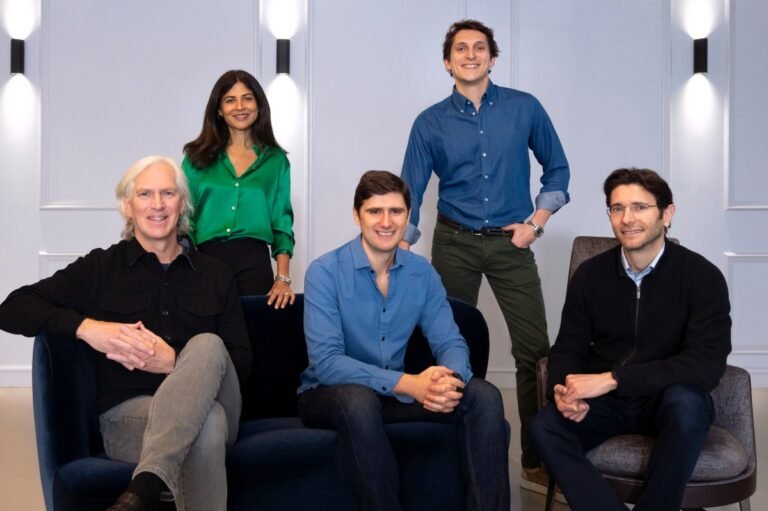Early-stage rounds continue to account for the majority of investment in the European startup market, and on Tuesday one of the largest companies in the region announced a new fund to boost that trend. Accel has raised $650 million to back startups from seed to Series A across the UK, the continent and Israel. The fund is the eighth of its kind for Accel since it first set up in London in 2000.
Accel has invested in more than 200 startups in the region to date, making it one of the most prolific VCs in this market.
One of the recurring laments you hear in Europe is that even if the region produces great talent and ideas, companies on the continent are challenged when it comes to scaling. There have been several exceptions over the years, however, that test that claim, and part of Accel’s clout as an investor comes from the fact that it has been a backer in many of them. They include some of the most successful startups to come out of Europe, like Supercell and Spotify (a pair of Nordic startups, by the way, hatched in Finland and Sweden, respectively).
In the years since those investments, Accel’s bet was that the growth of startups in Europe was strong enough to increase the amount of money it raises to support them. Notably, the $650 million announced Tuesday is the same size as the company’s US early-stage fund (announced December 2023). Given that the US is a significantly larger market in terms of total venture funding and number of startups, this shows Accel’s confidence in what’s happening here.
“The European tech scene has come of age,” said Harry Nellis, a longtime partner at Accel in London. Current investments include cybersecurity companies Cyera and Oasis, home care marketplace Lottie, and buzzing AI video startup Synthesia, among many others.
As you might expect from this list and recent headlines, the focus going forward will be on timely businesses that capitalize on the needs and interests of the day. This includes those that create creative solutions to pressing problems (cyber security is a prime example), smart commerce solutions (including markets that impact social and societal needs), and — need I write it? — AI, AI, AI.
Venture capital investments in the first quarter of this year, according to PitchBook research, show slight but encouraging signs of recovery. In total, around €16.3 billion was allocated to start-ups across Europe in the first three months of this year. It rose in Q1 2023, when €13.7 billion found its way into startup bank accounts, but both were down by several billion from the booming, boisterous days of 2021 and 2022 online.
That drop might not be so bad in the long run: Right now the market is trying not to get hit by the wave of startups that were lavishly funded at skyrocketing valuations in previous years, which are now collapsing as they struggle to meet their revenue projections. bear down on their valuations and not be able to go public or raise more funding.
Updated to remove Skype from list of startups (Accel didn’t invest in it).
